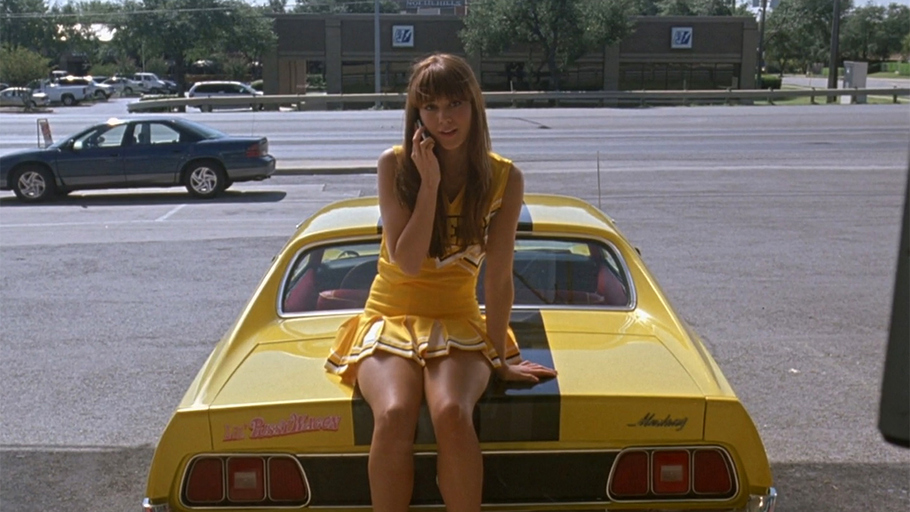
Quentin Tarantino has become something of an institution. His films have been a cultural force since he broke out into the Indie Film scene back in the early nineties. Tarantino’s highly referential brand of post-modern genre filmmaking has repackaged the exploitation film again and again as a confection geared towards the adolescent male. For many a Tarantino film is the closest thing to a classic exploitation film that audiences will ever see.
Tarantino’s modus operandi has been to reimagine genre specific exploitation film motifs and conventions within a novelistic idiom. Tarantino’s gift for dialogue and his penchant for self-indulgence have enabled him to open up the most economical of genres into sprawling, semi-literary works. Arthur Marks’ ability to convey character with naturalistic dialogue in short, economic spurts has been inverted by his greatest admirer. More than any other filmmaker Arthur Marks is the director Tarantino emulates. However, more often than not, Tarantino’s results are mixed.
Since Jackie Brown Tarantino has become progressively more invested in recreating the past both as period piece and as genre re-make. These endeavors often include historical revisionism that celebrate Tarantino’s conservative, macho ideologies. Tarantino has effectively set himself up as the gatekeeper of American genre film and the popular authority on the pop culture of the seventies.
Death Proof (2007), Tarantino’s entry in the Grindhouse project, is arguably the “most” Quentin Tarantino film that Tarantino has ever made. The film spends about half of its running time exploring its characters in unessential scenes chock full of pop culture references. The other hour of the film is reserved for explicit violence with a misogynist edge. Tarantino doesn’t hide his interests or mask his hang ups at all in Death Proof. It’s a neo-grindhouse movie made to recreate the grindhouse for the multiplex. Pretensions of high art or historical revisionism are discarded in favor of a totally unfiltered celebration of the sleaze, gore, and snappy patter of films from the seventies.
Without his usual pretensions, Tarantino giddily embraces the slasher genre in maximalist strokes of cinematographic excess. The results have left Death Proof as the ugly duckling in the auteur’s filmography. Death Proof is considered lesser only because it has dispensed with the gloss of Tarantino’s adolescent Oscar bait flicks. Death Proof is as well written and as well directed as anything else the filmmaker made after Jackie Brown. Death Proof is the director’s purest evocation of a cinema long since passed.
